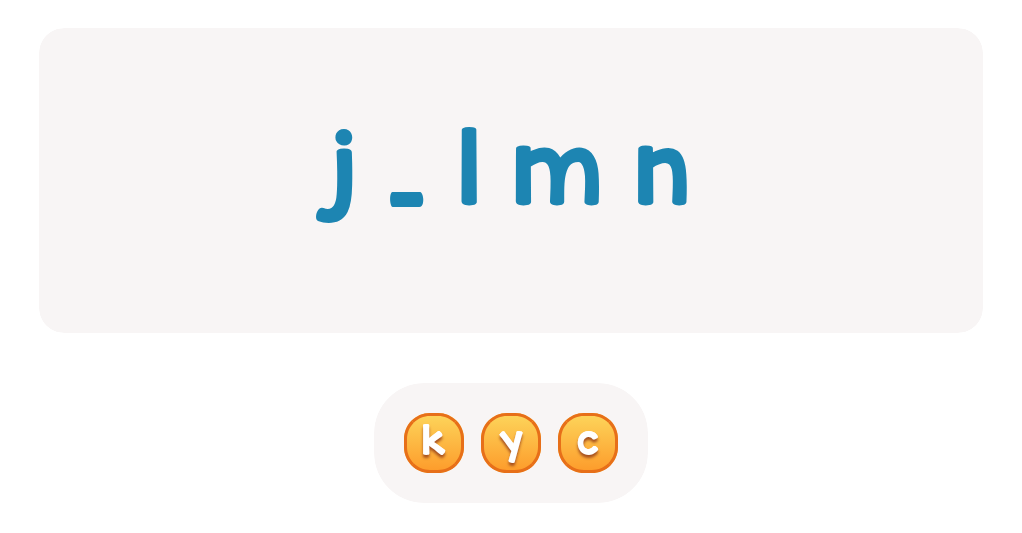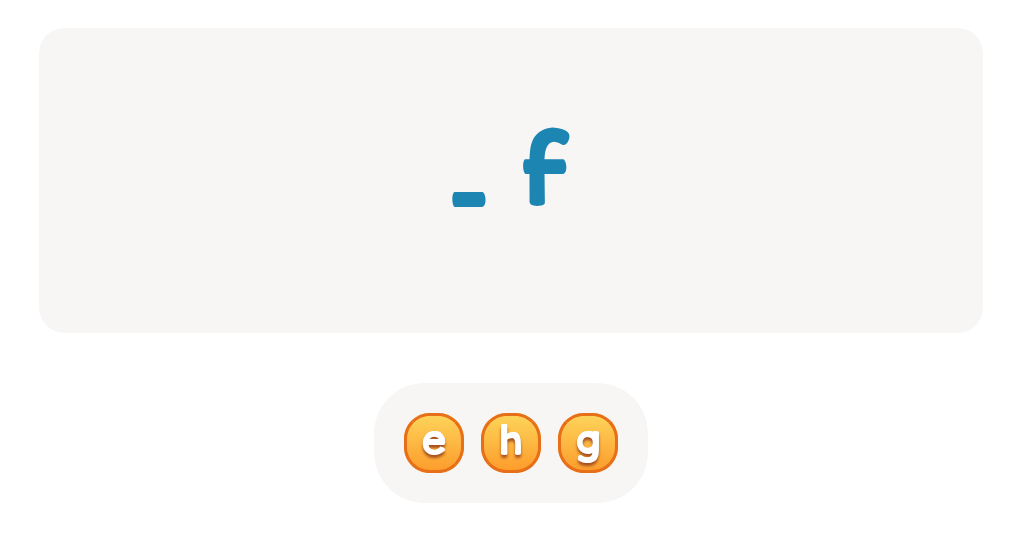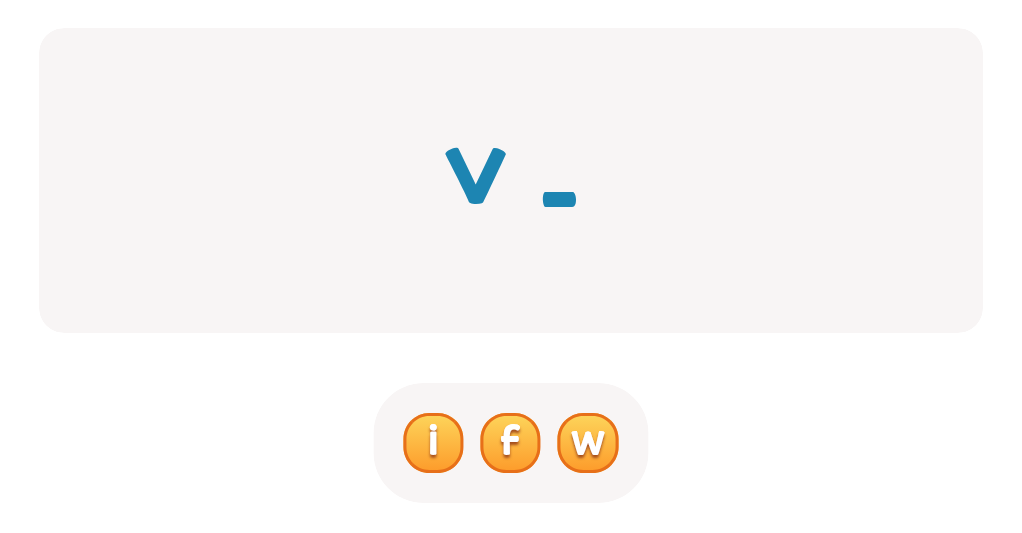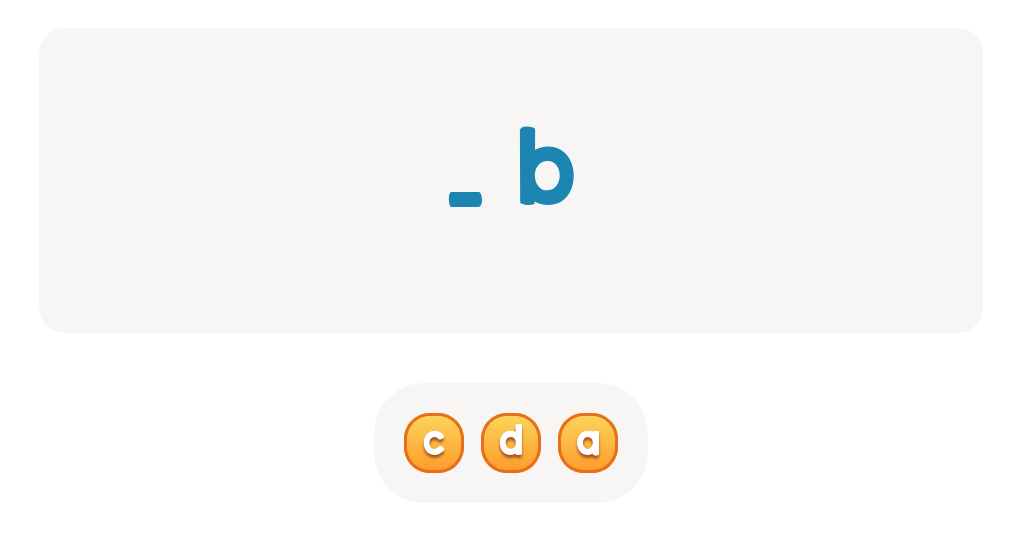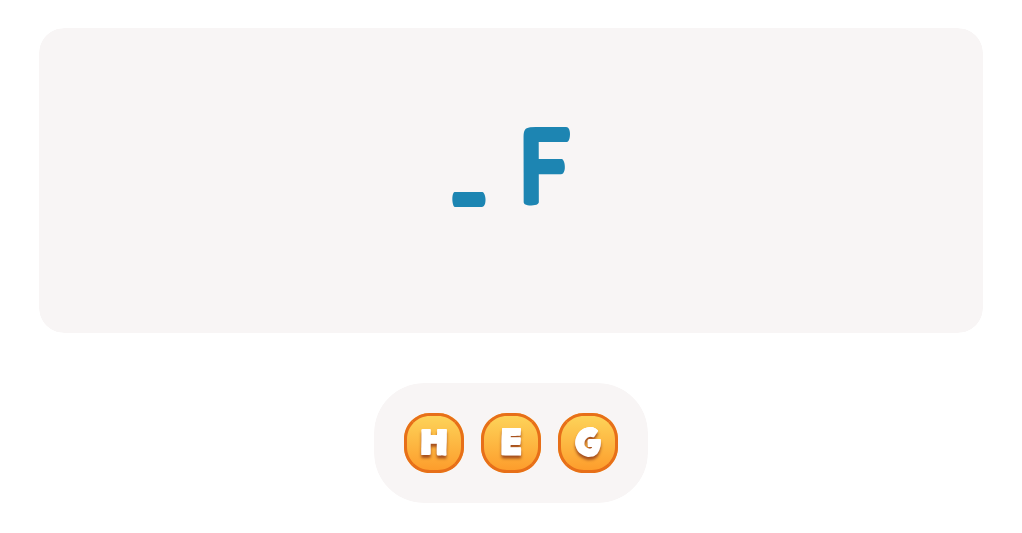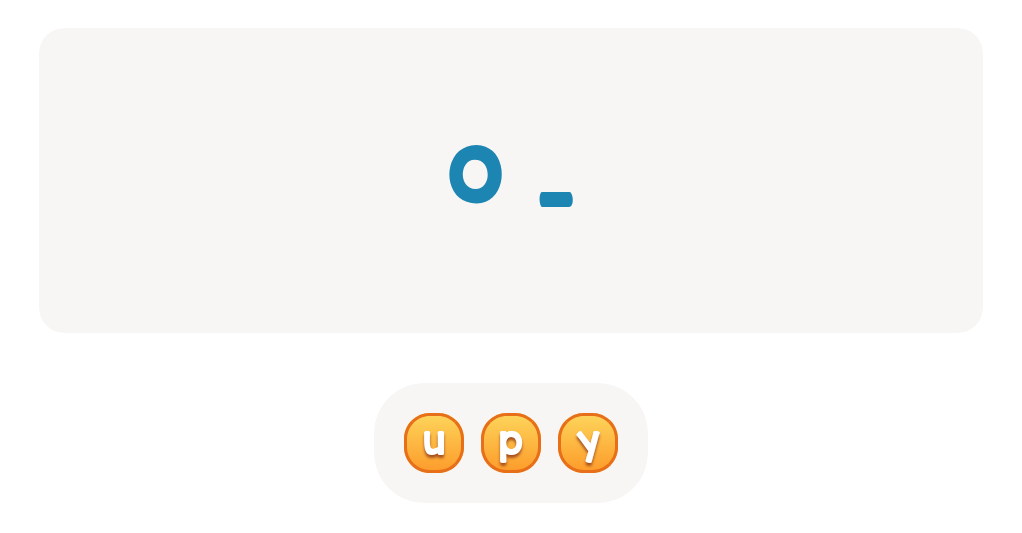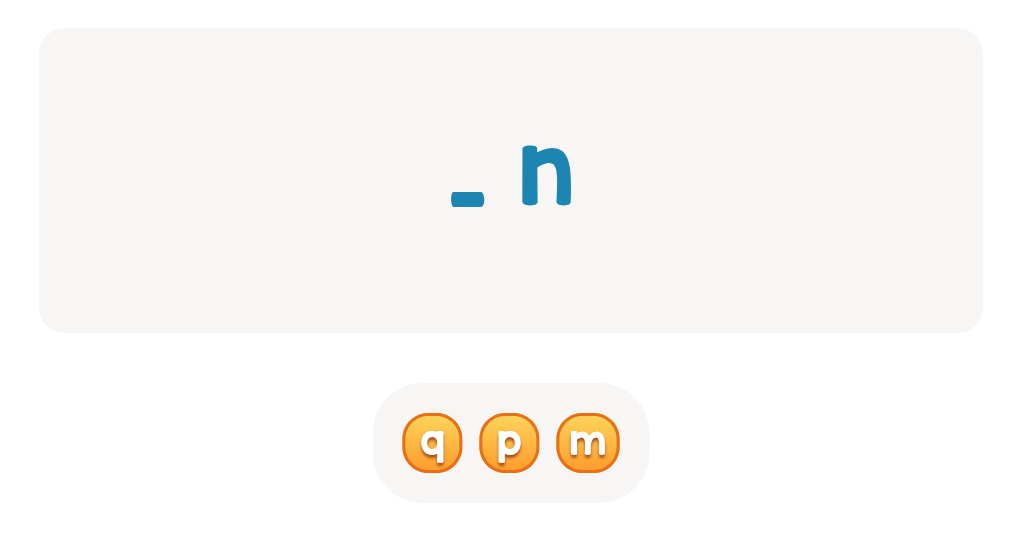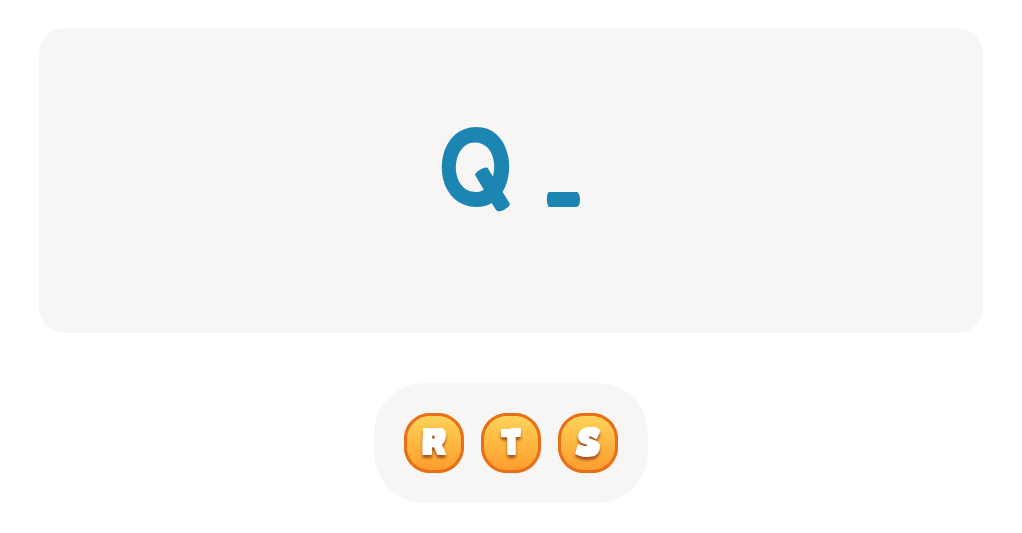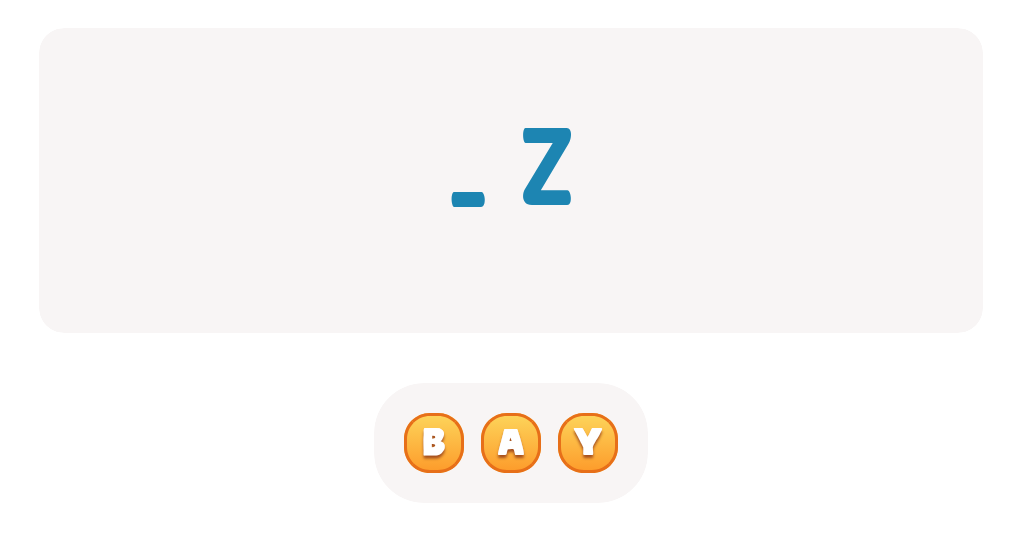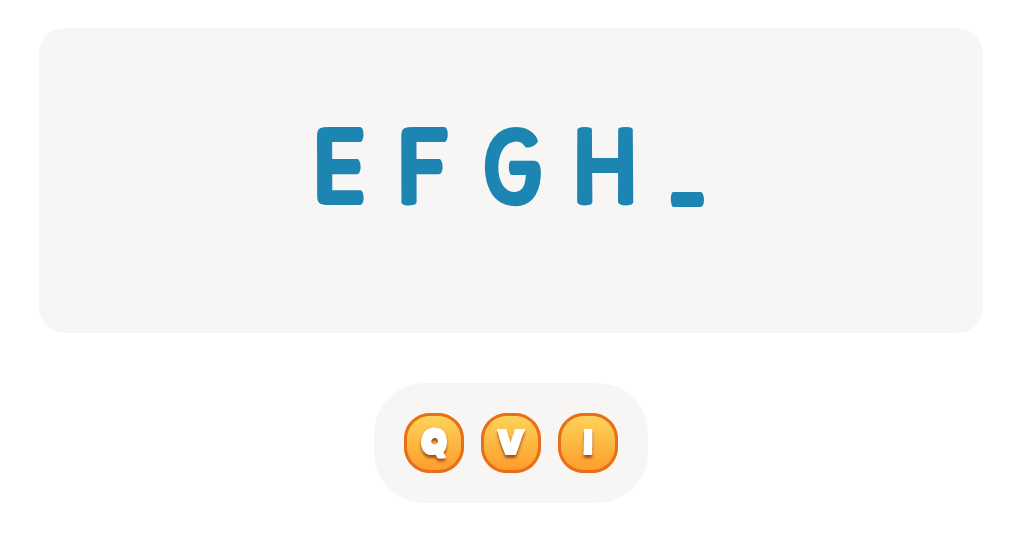Letter recognition Extra Challenge ABC Order Worksheets for Ages 3-7
7 filtered results
-
From - To
Discover our engaging "Letter Recognition Extra Challenge ABC Order Worksheets" designed for children ages 3-7! These worksheets provide an exciting way for young learners to improve their letter recognition and alphabet sequencing skills. Each activity is crafted to foster critical thinking and reinforce foundational literacy concepts in a fun and interactive manner. With colorful illustrations and age-appropriate tasks, your little ones will enjoy practicing their letters while developing important cognitive skills. Perfect for home or classroom use, our worksheets challenge children to recognize, sequence, and distinguish letters, setting them on the path to confident reading and writing. Unlock their potential today!


Letter R Tracing Page


Letter X Tracing Page
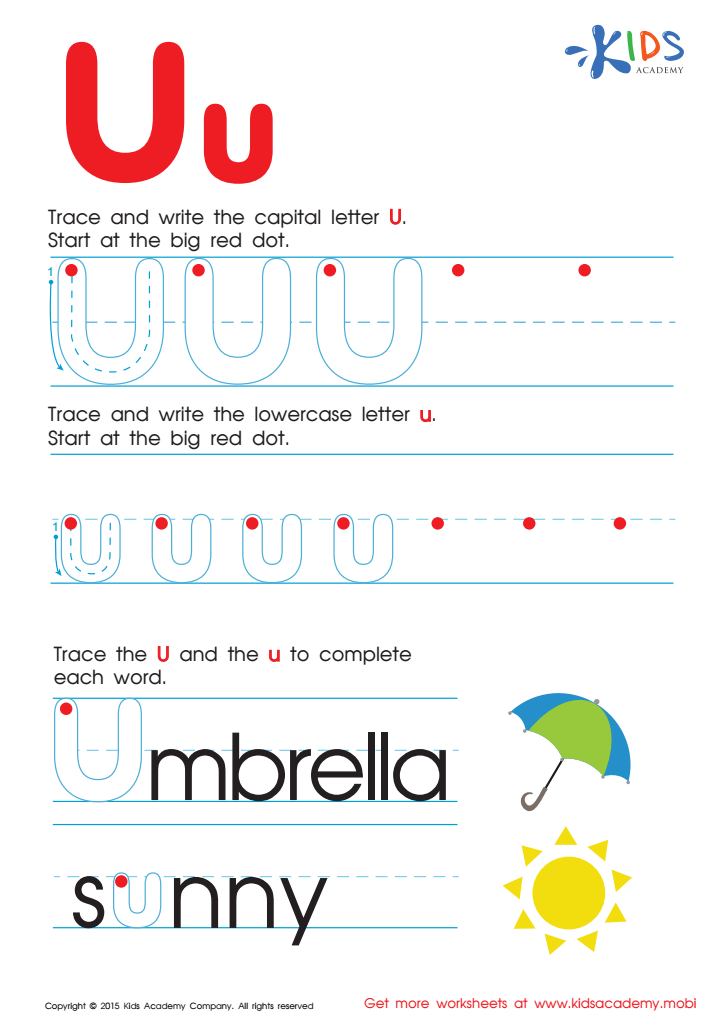

Letter U Tracing Page
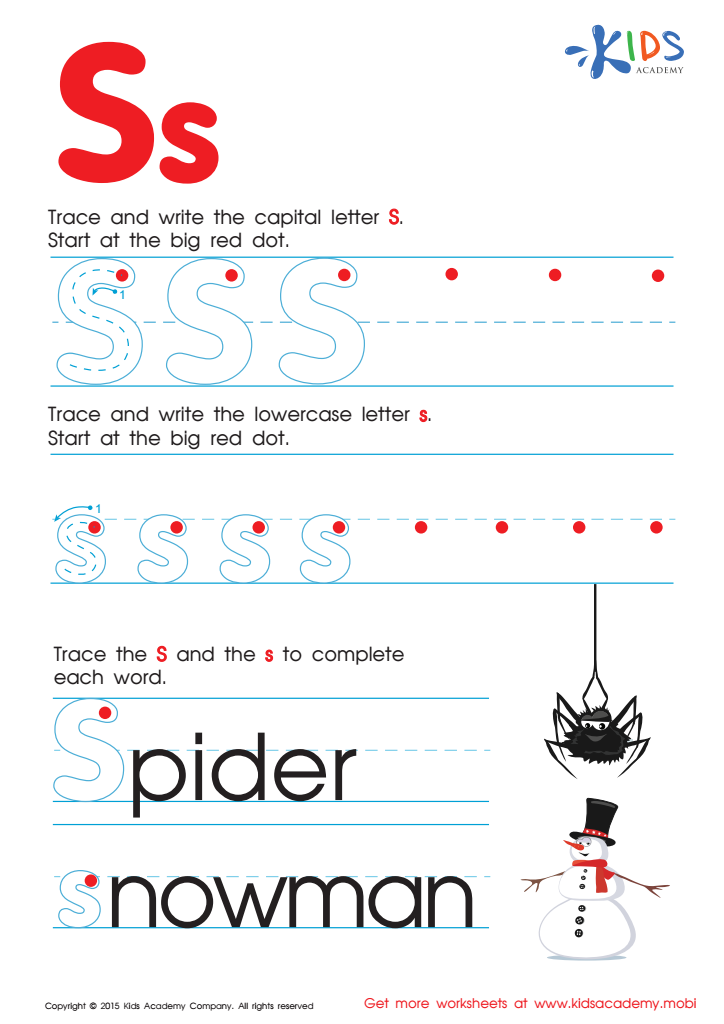

Letter S Tracing Page
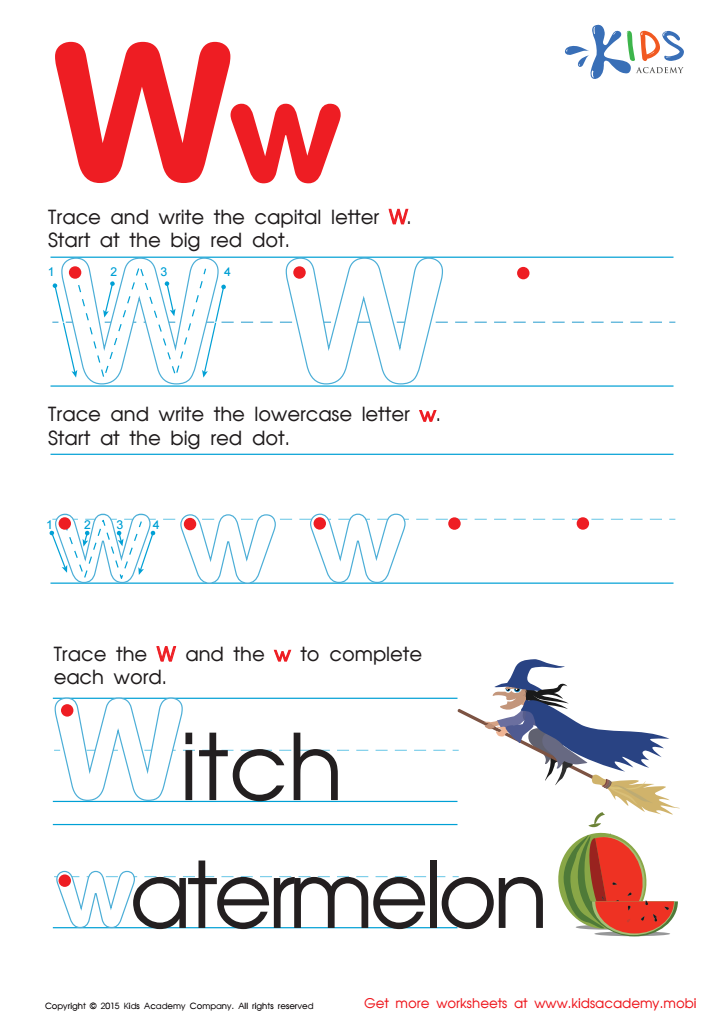

Letter W Tracing Page
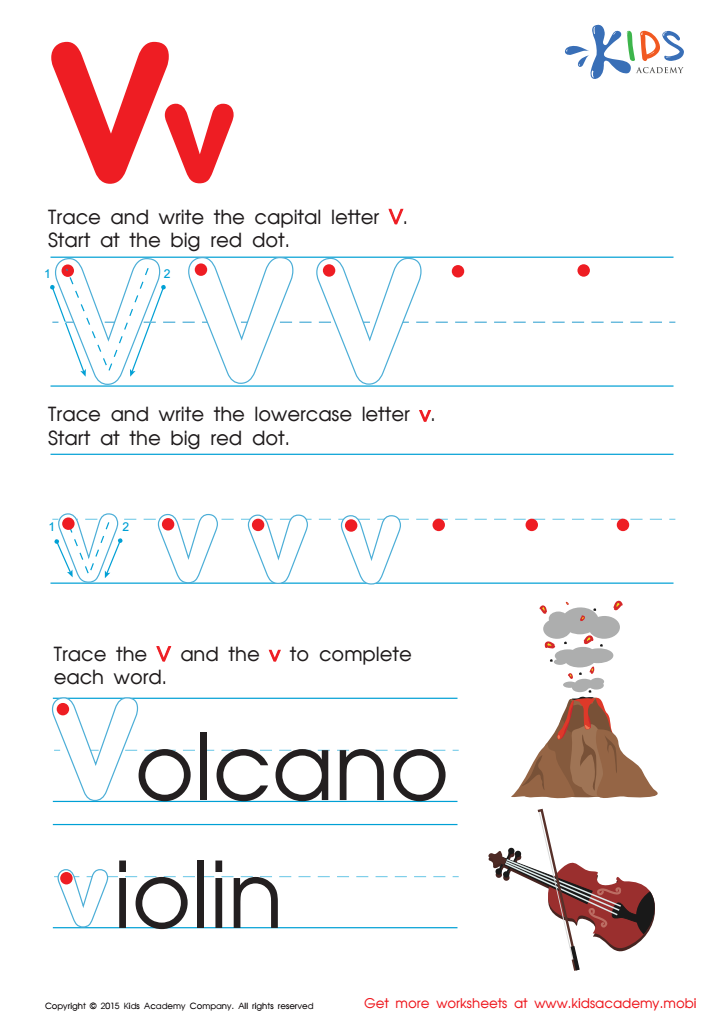

Letter V Tracing Page
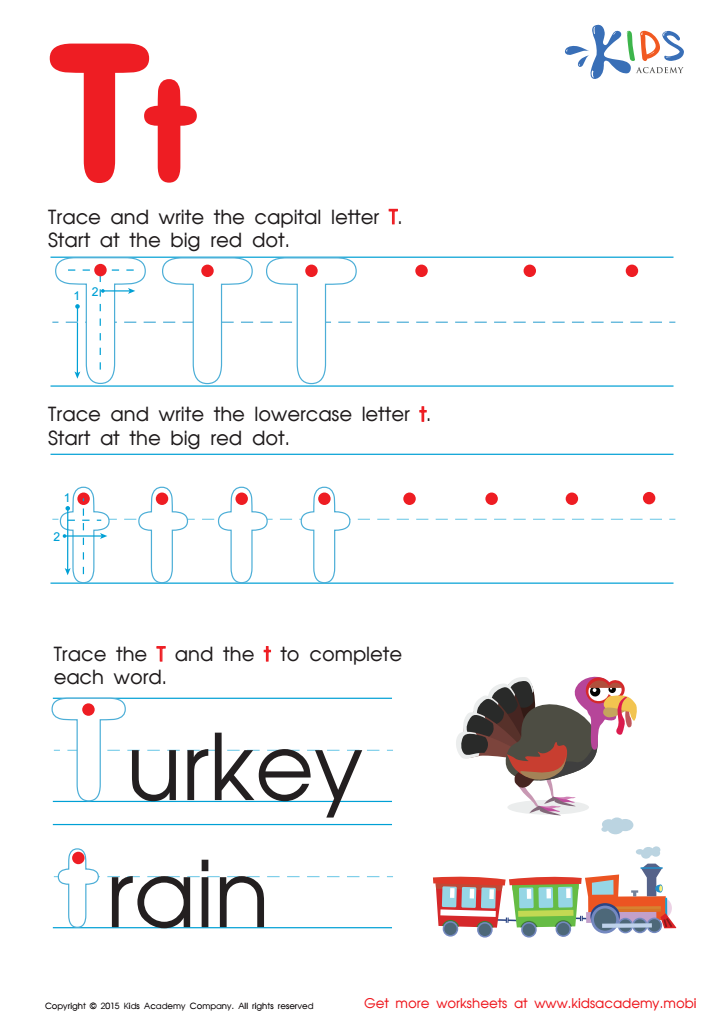

Letter T Tracing Page
Letter recognition is a pivotal skill in early literacy development, and the Extra Challenge ABC Order activity is a valuable tool for children aged 3-7. Recognizing letters is the first step toward reading and writing, laying the groundwork for academic success. By introducing activities like ABC Order, we actively engage young learners in a fun and interactive manner, empowering them to identify and arrange letters correctly.
Teachers and parents should care about this activity because it not only strengthens letter recognition skills but also develops essential cognitive abilities. Sorting letters in alphabetical order fosters critical thinking, problem-solving, and fine motor skills. As children become familiar with both uppercase and lowercase letters, they learn the structure of language, enhancing their vocabulary and overall communication skills.
Moreover, participating in such activities can create a positive learning environment, promoting enthusiasm for reading from an early age. This will benefit children as they progress through school, cultivating their confidence and love for literacy. Ultimately, recognizing the importance of activities like Extra Challenge ABC Order equips parents and teachers to nurture proficient, enthusiastic readers who are well-prepared for future academic challenges.
 Assign to My Students
Assign to My Students
